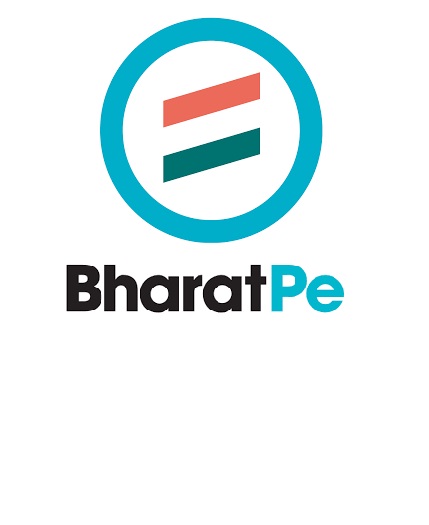We are at that time of the year where graduates and working professionals are deciding concerning MBA. In addition to this, both first-year and second-year candidates are thinking about the career choices whether to opt for MBA Finance as a specialization or not. So here is the list of 7 things that will help you decide concerning your Finance Specialization.
And even better, this post is written by Santosh Mishra – Executive Member, Finance Club of IIM Rohtak so you can get first-hand thoughts from the recent MBA graduate from one of the premier institute of India.
With that, let’s try and understand the finer aspects and some myth-busters around MBA Finance as a specialization.
-
It’s everyone’s game
Against the popular myth that Finance is strenuous and only commerce students or students with finance background do well in Finance subjects, non-finance students, including engineers, excel in finance subjects and make a career in a core finance role.
If we look at the batch profile (of any MBA campus in India), more than 60% of the batch will consist of Engineers. So the argument that Finance is not for engineers is completely false.
-
MBA Finance is not all about accounting
Though most of the B School have this paper in term 1, accounting is only the essential part of financial management, and it may happen you will never have to do this part in your whole career. But it is always good to have some basic knowledge, and financial management is more about applying your management skills with the numbers in accounting and get meaningful outputs.
Let’s understand this using an example: In an accounting course, you will be asked to prepare a Balance Sheet, Profit and Loss Statement or a Cash Flow Statement. In Finance, you need to analyze that. No one will ask you to prepare those statements (because they will be created by the company you are analyzing). So, if you are analyzing Infosys – will anyone ask you to prepare financial statements? No! Financial statements will be available with you – you need to interpret those, and that is Finance.
-
Will CFA/FRM tag help in Placement?
It may help a bit, but it is not mandatory to have the same. Most interviews will rover around the concepts and how clear you are with the same. It may also test the application and the interest. CFA/FRM can help a bit, but if you think it’s a tag that will land you in any finance job, you are absolutely wrong.
To give an additional explanation – any course will help you show your interest in Finance to someone, but that is not your key to the job. You still need to provide yourself in an interview.
-
Keep yourself updated with the finance world
Be it the economic policy or stock market or some other major decision related to crypto may directly or indirectly impact the financial world, so the interviewer expects you to have some basic knowledge. Make it a habit to spare 30 minutes every day for news and 30 minutes to know terms in Investopedia.
This is very important, by the way, we suggest any candidate acquire knowledge about 2-3 sectors, and within each sector, you should know everything (almost everything) about 2-3 listed entities. And the sectors can be any (not necessarily a difficult one). Example: If you are reading about the 2 W market in India, then you need to know about Bajaj Auto and Hero MotoCrop at least (and every possible number around the business and the company)
-
Make your profile relevant for a recruiter
If you are from a non-finance background, it becomes important to have something that will lead you to shortlists. Start with some relevant courses that give you certificates and give some good practical learning with Live Projects. Also do participate in a relevant competition like CFA RC. Do try and get additional work in the form of internships (apart from the mandatory one)
-
Connect with the right people
It’s always good to have a senior or someone in the industry who is working for the last few years in your loop. It helps in knowing the right skillset required and how we can improve daily, and how the market behaves right now.
When you talk to seniors (or someone from the industry) – ask how their day looks, growth opportunities and learning capacity.
-
Have a good peer group
It’s always good to have a group to take an opinion or suggestion and get something peer-reviewed. Be it a financial model or discuss how some activity can impact the economy or some industry. Case studies are important; hence never miss analysing them.
Don’t worry – MBA campuses will provide this (whether online or offline)
***** FinShiksha Learning Championship 2021 – Details here ******
Other Blogs in the Career Guidance Series – Career in Investment Banking | Career in Equity Research







